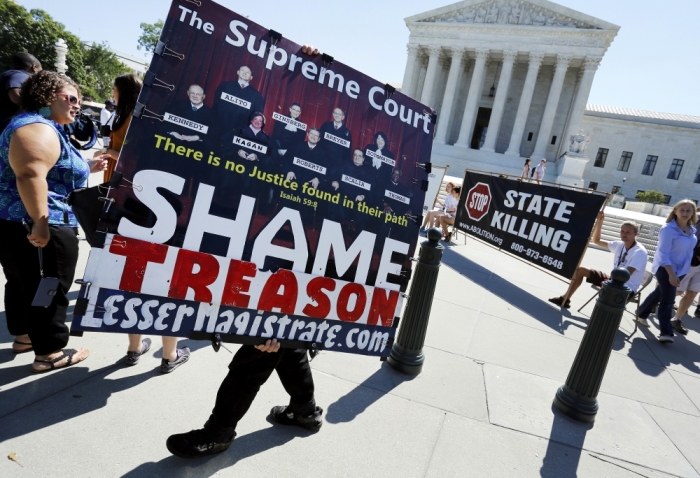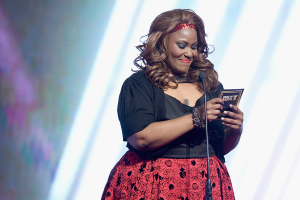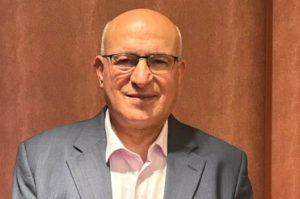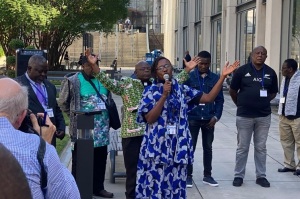Young Evangelicals More Like Old Evangelicals Than Peers on Gay Marriage, Study Finds

A new survey, conducted after the U.S. Supreme Court decision legalizing gay marriage, reveals that young "practicing" Christians have more in common with their older counterparts on the issue of same-sex marriage than they do with their peers.
Only 35 percent of "practicing" Christians under 40 favor the Court's ruling, compared to 61 percent among all adults in their age cohort – a gap of 26 percentage points, according to the survey conducted by Barna Group, a private, non-partisan, for-profit organization that studies religion.
There is only a nine-point gap between younger practicing Christians and those 40 and older, adds the survey of 1,012 adults ages 18 and older conducted June 27-28.
Barna identifies "practicing" Christians as those who say their faith is very important to their life and who have attended one or more church services during the past month – as opposed to those who self-identify as Christian but do not regularly attend church or prioritize their faith.
The study shows that 73 percent of non-practicing Christians under 40 support the same-sex marriage decision.
However, there is some agreement between practicing and non-practicing Christians of this age group. Fifty five percent of young practicing Christians say they can support legal marriage for same-sex couples while also affirming the church's traditional definition of marriage being between one man and one woman, and 58 percent of non-practicing young Christians also say so.
Barna defines evangelical in theological terms, and not denominational affiliation. And given this definition, as many as 94 percent of evangelicals say they are not in favor of the Court's decision – more than twice the proportion among the general population (43 percent) and even significantly more than the practicing Christians segment (66 percent).
Besides, 86 percent of evangelicals say same-sex marriage will have a negative impact on society, and only 15 percent say it is protected by the Constitution.
Evangelicals, for Barna, are those who say they have a personal commitment to Jesus Christ that is still important in their life today, that their faith is very important in their life today; believe that when they die they will go to Heaven; believing they have a personal responsibility to share their religious beliefs about Christ with non-Christians; believe that Satan exists; believe that eternal salvation is possible only through grace, not works; believe that Jesus Christ lived a sinless life on earth; assert the Bible's accuracy; and describe God as the all-knowing, all-powerful, perfect deity who created the universe and still rules it today.
The survey also reveals that only 19 percent of Americans say that religious institutions or clergy should be required to perform same-sex marriages against their beliefs. Even among those with no faith, only 24 percent argue that such institutions should be required to perform same-sex marriages.
However, Americans display more ambivalence toward for-profit enterprises, as 35 percent say for-profit businesses should be legally required to provide services for a same-sex wedding.
Moreover, 56 percent of Americans say they are concerned that religious freedom will become more restricted in the next five years.
"While it is a minority of Americans who believe clergy should be legally compelled to perform same-sex marriages, one in five is not an insignificant number. And two in every five Americans contend that businesses should be made to provide services to same-sex marriages," David Kinnaman, president of Barna Group, says in the study. "These represent points of view that—given their prevalence among younger Americans—could represent shifts in how Christians are able to exercise their religious freedoms."




























